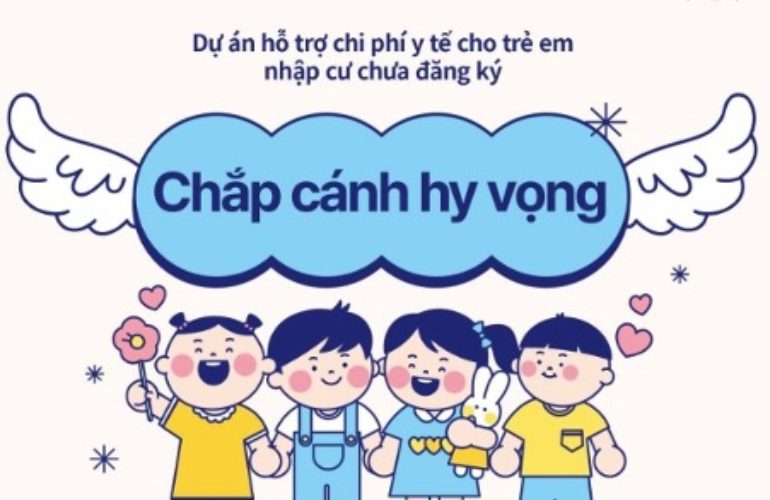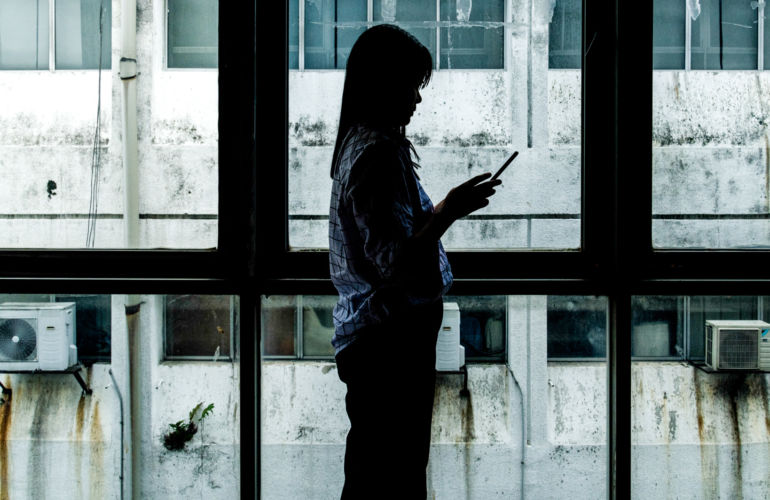With a Focus on Protection and Gender Equality, ICMC Jordan Launches its Programs for 2020/2021
The International Catholic Migration Commission (ICMC) in Jordan and the U.S. Department of State’s Bureau of Population, Refugees and Migration (BPRM) have renewed their longstanding partnership for its eighth consecutive year.

Thanks to this partnership, ICMC Jordan continues to provide vital humanitarian assistance to vulnerable and at-risk individuals in both refugee and host communities. Over the last program year, ICMC assisted some 27,670 vulnerable individuals in the governorates of Amman, Zarqa, Mafraq, Balqa, Jarash, Irbid, Ajlun and Madaba through its Protection, Livelihoods and Basic Needs program activities.
During the new programmatic year 2020/2021 and through its BPRM-funded work, ICMC will provide focused humanitarian protection and livelihoods assistance to around 14,500 individuals, regardless of their gender, nationality, ability or religion in the governorates of Mafraq, Zarqa, Irbid, Ajlun and Jarash.
The ICMC-BPRM partnership seeks to strengthen the resilience of crisis-affected communities in Jordan, reduce their reliance on negative coping mechanisms and enhance their protection. Based on these goals, ICMC has reshaped its activities to boost its response to these areas of concern.
Ensuring that participant communities are empowered and that their members are well-equipped to identify and respond to key protection concerns such as gender-based violence, ICMC has launched four new activities in its Protection Centers. These are:
- Youth Empowerment Peer Groups,
- Inter-generational Groups,
- Positive Parenting courses and
- Local Community Groups.
Through these new activities, ICMC intends to reach 3,500 individuals, 70% of whom are in refugee communities and 65% of whom are women.
These new activities target vulnerable groups. ICMC Jordan’s Protection Monitoring Report shows that humanitarian responses tend to overlook older individuals, leading to depression and hopelessness. Research by the UN Refugee Agency (UNHCR) has also identified a need for activities that transmit non-violent parenting tactics to parents in Jordan.
At the same time, ICMC will continue to run some of its regular program activities such as its Psychosocial and Mental Health Support services and it’s Arabic and English Literacy classes via its protection centers in the governorates of Irbid and Mafraq. According to ICMC’s database, 22% of adult Syrian refugees in Jordan are illiterate compared to 18% of other non-Jordanians and 14% of Jordanians.
ICMC will continue to counter negative gender-based stereotypes, attitudes and practices such as gender-based inequality and violence as well as child marriage. ICMC’s life skills courses will keep empowering young girls and women who are survivors or at risk of child marriage. These courses build their resilience and equip them to respond to any threat to their social protection, development and welfare. This year, ICMC is opening its life skills courses to 100 individuals.
Research by the UN Refugee Agency (UNHCR) shows a lack of community-based programs for men and boys that tackle gender-based violence in Jordan. In response, ICMC’s Men and Boys Courses will continue to train and raise awareness of gender-based violence patterns among men and boys with leadership skills. These courses will train 30 males from local communities on key protection topics. The goal is to equip participants as advocates of change and gender equality.

This year, ICMC has also customized its Child-Friendly Spaces to respond to children’s psychosocial welfare needs through targeted activities designed to boost the resilience of some 4,500 children.
In Jordan, nine out of ten participants in ICMC programs report being in debt and more than half of them are unable to pay their rent. About one-third of ICMC’s adult participants have temporary jobs and less than 5% can access permanent jobs due to a lack of adequate training and employment resources.
The COVID-19 crisis has disproportionately affected refugees and vulnerable Jordanians. Preventive measures to curb the spread of the virus have further limited access to employment and assistance, increasing the severity of existing financial and protection concerns. Thus, a growing number of families are under threat of eviction and exploitation.
Under its Basic Needs Program, Cash for Rent Assistance, ICMC is helping 280 vulnerable households secure safe shelter. In addition, ICMC has introduced a new Multipurpose Cash Assistance program to help 775 vulnerable families meet their basic needs.
Through the livelihoods program, 150 participants will continue to benefit from vocational training, developing soft skills and boosting their employability. The training aims to empower them, increasing their financial resilience and independence. Each graduate will receive a tailored start-up kit containing essential materials to begin income-generating activities, either through a home-based business or with an existing or new employer.
ICMC’s partnership with the U.S. Department of State’s Bureau of Population, Refugees and Migration (BPRM) in Jordan started in 2012, shortly after large numbers of Syrians fleeing violence began arriving there. Today, Jordan hosts approximately 745,000 refugees including nearly 660,000 Syrians.



